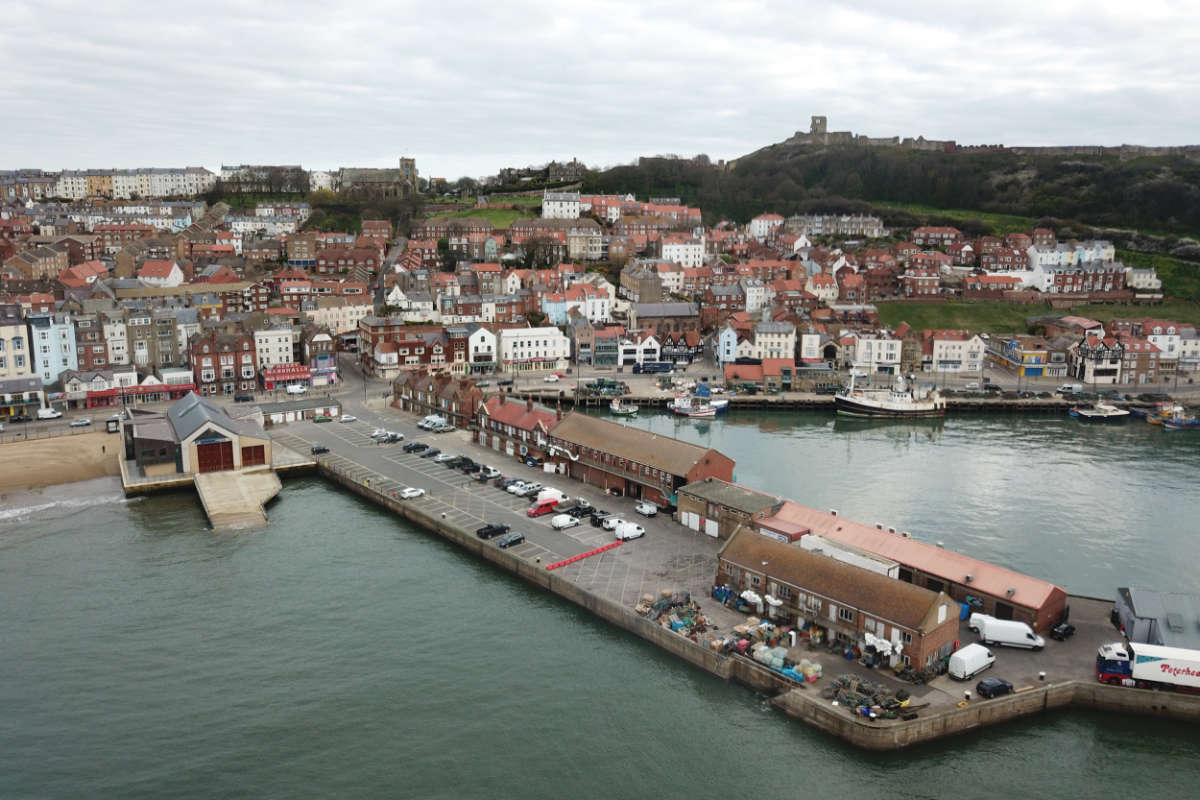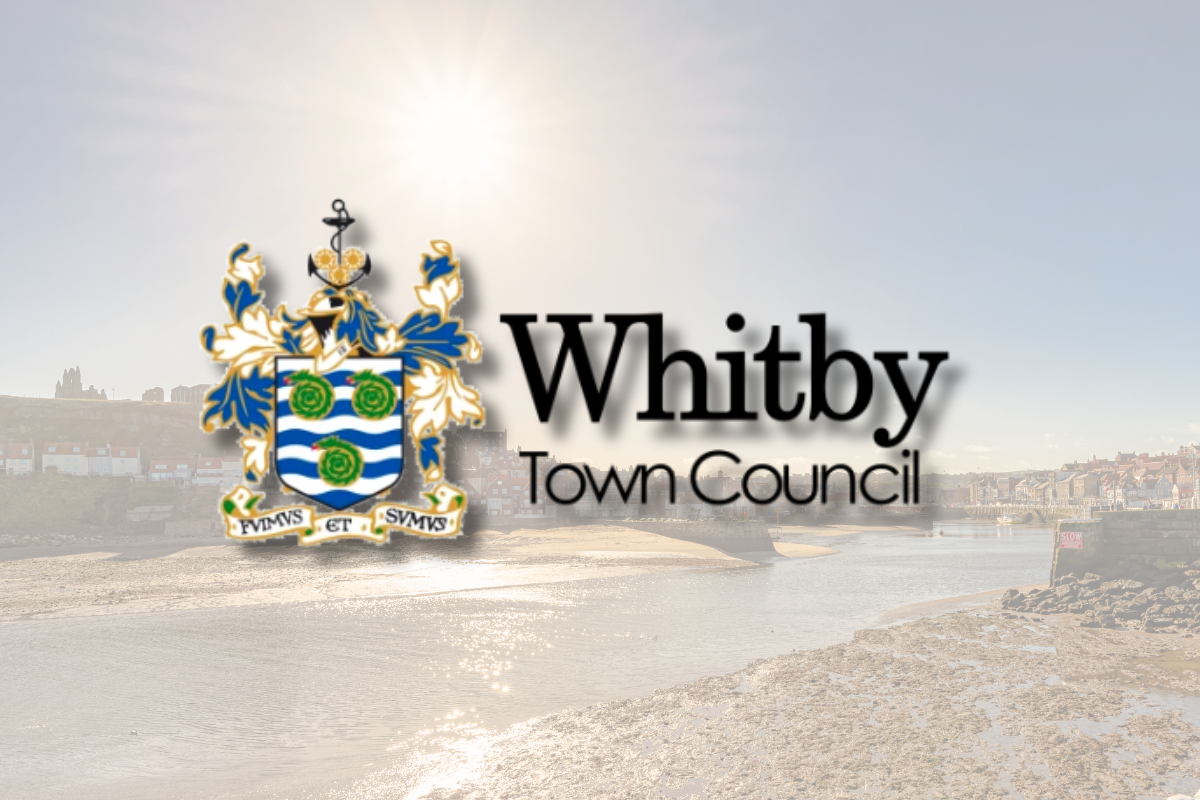
An £800,000 council plan to ensure the supply of fuel in Scarborough Harbour could be approved next week.
North Yorkshire Council is set to step in and ensure the provision of liquid fuel in Scarborough Harbour after the previous supplier stopped supplying fuel last year, and removed the tank this April.
Since then, harbour users have been purchasing fuel directly from their own supplier, but a permanent solution is required, according to NYC.
The authority has already purchased a replacement tank for Scarborough’s West Pier which cost £53,300 and includes a long fuel hose for users to “self-operate and directly fuel their vessels while in the water below the tank”.
Previously, a space on West Pier was leased to a fuel supplier, who paid rent and business rates. However, officers stated that replicating such an arrangement would be “unviable” due to the urgency of the situation and the current state of the energy market.
According to a report prepared for NYC’s Environment Executive members: “The supplier margin that has been quoted is 2.5 pence per litre, when comparing this to the supplier margins applied in the council’s other liquid fuel contracts this is comparable, and lower in most cases.”
Officers said that income generated from the procurement would recover the costs of purchasing and administering the tank as well as the lost income from rent and business rates, but added that “the primary aim is to ensure a new reliable fuel supply is available in Scarborough Harbour as soon as possible”.
The council is proposing to charge 25 per cent above the Platts rate to recover its costs.
It is estimated that the authority will spend £205,000 a year on purchasing the fuel, which would equate to £820,000 over a four-year contract.
If a 25 per cent mark-up is applied to £205, 000 a year, the council has said it could generate an annual income of £51,000, “which would cover the cost of the tank in the first year and would cover the lost rent and additional business rates costs from the second year onwards”.
A meeting of the Environment Executive will be convened on Friday, June 20, to enter a “call-off contract for a period of two years” with Your NRG, with an option to extend for a further two years.
The commodity costs will be variable and variations in cost “will be absorbed by the consumer; if the fuel supply cost increases the pence per litre price will increase to the consumer”.
The report concludes that “this margin that the council charges to the consumers will be kept under review to ensure costs are being recovered and may be adjusted to reflect market circumstances or if consumer habits change”.




 Scarborough Athletic Stunned By Minnows in Senior Cup
Scarborough Athletic Stunned By Minnows in Senior Cup
 Pickering and Filey MP Criticises Government for ‘Unfair’ Rural Funding Settlement
Pickering and Filey MP Criticises Government for ‘Unfair’ Rural Funding Settlement
 East Riding to Introduce Weekly Food Waste Collections Amid Long-Term Funding Fears
East Riding to Introduce Weekly Food Waste Collections Amid Long-Term Funding Fears
 Whitby Town Again Hit By Second Half Slaughter
Whitby Town Again Hit By Second Half Slaughter
 Eastfield Boxing Club Film to Get Scarborough Premiere
Eastfield Boxing Club Film to Get Scarborough Premiere
 Scarborough Café and Flat Plans Opposed by Town Councillors
Scarborough Café and Flat Plans Opposed by Town Councillors
 Bridlington Town Beaten Again Despite Improved Showing
Bridlington Town Beaten Again Despite Improved Showing
 Scarborough Chip Shop's Alcohol Bid Approved Despite Concerns
Scarborough Chip Shop's Alcohol Bid Approved Despite Concerns
 East Riding Leaders Sound Alarm Over Government's 'Fairer Funding' Review
East Riding Leaders Sound Alarm Over Government's 'Fairer Funding' Review
 Precept Increase Proposed for Whitby Residents in Draft Budget
Precept Increase Proposed for Whitby Residents in Draft Budget
 North York Moors Park Authority Agrees Move to New £4m HQ
North York Moors Park Authority Agrees Move to New £4m HQ








Comments
Add a comment